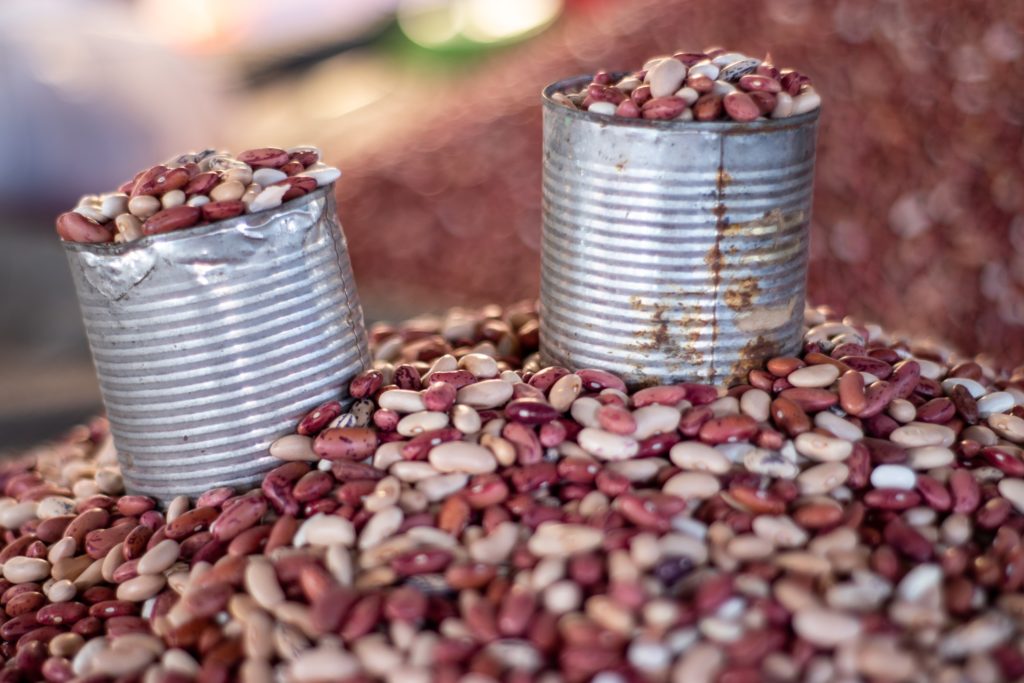Big thanks to Georgia Berry for her help with blog post. Georgia is a nutrition student and can be found on instagram as @berry_nutrition
Did you know it is estimated that 17% of the UK suffer from Irritable Bowel Syndrome?
What is Irritable Bowel Syndrome?
IBS is a condition affecting the digestive system (NHS). The exact cause is unknow despite it leaving millions of people feeling embarrassed due to their unpredictable bowel movements. Symptoms differ from person to person; however, the most common symptoms include:
-bloating
-constipation
-diarrhoea
-abdominal cramps
Often sufferers learn what food triggers a bout of symptoms, however IBS is a complex disorder.
What causes IBS
Although the cause of IBS is not fully understood, there are a few theories behind how the condition develops. IBS is a mostly ‘western’ issue, meaning that populations that don’t live a typical western lifestyle have almost no instances of the condition. This has led researchers to believe that it may be due to lifestyle factors.
Many believe that IBS develops after the gut experiences stress, such as from antibiotics or food poisoning. This then causes the gut to be overly sensitive and causes the symptoms of IBS.
Another interesting theory behind the development of IBS is one based on the natural bacteria in the human gut. The human gut is filled with an incredibly diverse range of bacteria, however when the composition of these bacteria becomes unfavourable, it may lead to adverse side effects.
Scientists also believe that there is a huge link between mental health and IBS, with stress often being a huge trigger. In fact, there has been shown to be a placebo rate of 50% in IBS patients, showing the important of mental health in maintaining gut function. This doesn’t mean you are making things up however it just shows the massive link between your gut brain and your brain.
Treatments
A common strategy to combat flare ups is to create a food diary to assess links between food and symptoms. This is a great place to start and good to do before seeing a dietitian for advice as you can take this to talk through.
Currently, many people are being sent straight to the low FODMAP diet and it is being suggested they start on this diet by themselves. As a dietitian Priya does not agree with this. There are simpler strategies to try first as the low FODMAP diet is very restrictive, can alter your gut flora and really needs 1-1 dietitian support to do it well.
FODMAP stands for fermentable oligosaccharides, disaccharides, monosaccharides and polyols. This essentially creates a diet low in allergens and common triggers, with foods being introduced back to the diet slowly to assess their role in triggering a flare up. People often report these foods as common triggers:
- Dairy
- Onion
- Garlic
- Caffeine
- Fatty foods
- Certain fruit and vegetables
- Lentils, beans and pulses

So cutting out all these foods leaves you with large gaps in your nutrition and the need to really have support planning your meals.
Simpler treatments can be used to manage IBS and these should be tried before the FODMAP diet. Here are 10 ideas for you to try.
- Eating smaller, more frequent meals throughout the day may be beneficial as it may be that the process of eating sets off symptoms as eating can stimulate the digestive tract.
- Increasing chewing time can ease digestive symptoms. This is because as the mouth breaks down the food more thoroughly it prepares the stomach more for digestion.
- Leading on from a theory mentioned above is the reduction of stress to reduce flare ups. Sufferers that report a big increase in symptoms when stressed or suffering with depression may benefit from therapy or relaxation techniques. In more severe cases anti-anxiety drugs may be appropriate.
- Another treatment for IBS is based on the theory that a poor gut bacteria composition can lead to symptoms. Giving sufferers both a prebiotic and a probiotic has the ability to affect the gut’s microflora, potentially leading to less flare ups.
- Linseeds can be a useful tool for some people suffering from constipation, try 1tbsp a day with plenty of fluid.
- Reduce gas producing veggies if you suffer from bloating (cauliflower, cabbage, brussel sprouts).
- Fibre rich foods can help constipation but do increase these slowly and drink more fluid too.
- Reduce caffeine, alcohol and fizzy drinks.
- Cook more meals from scratch as ultra processed foods can cause some of the symptoms.
- Be active daily – walking is great exercise and can help with your stress levels too.
Conclusion
IBS is a complex condition which is poorly understood, with symptoms differing hugely between patients. Therefore, successful treatments will vary patient to patient. It is key to get some support to help you work through things. A balanced diet is really important so when you make dietary changes do take care to replace nutrients to stop any deficiencies. It is also important to work with your medical team to test for other diseases such as inflammatory bowel disease or coeliac disease to prevent further issues if undiagnosed. Most importantly, always consult a registered dietitian if you think you may be suffering from IBS. You can ask to be referred on the NHS or seek a freelance dietitian like Priya.
Check out this great fact sheet from the British Dietetic Association.
Thank you for writing this article on gut health! I never knew that antibiotics can cause gut stress. I would say that many medicines are really strong so they can be tough on stomachs. I remember when I used to get IBS once a week, but I have been striving to take better care of myself.
Thankyou so much for your kind comment and I am so happy to hear it has been helpful.